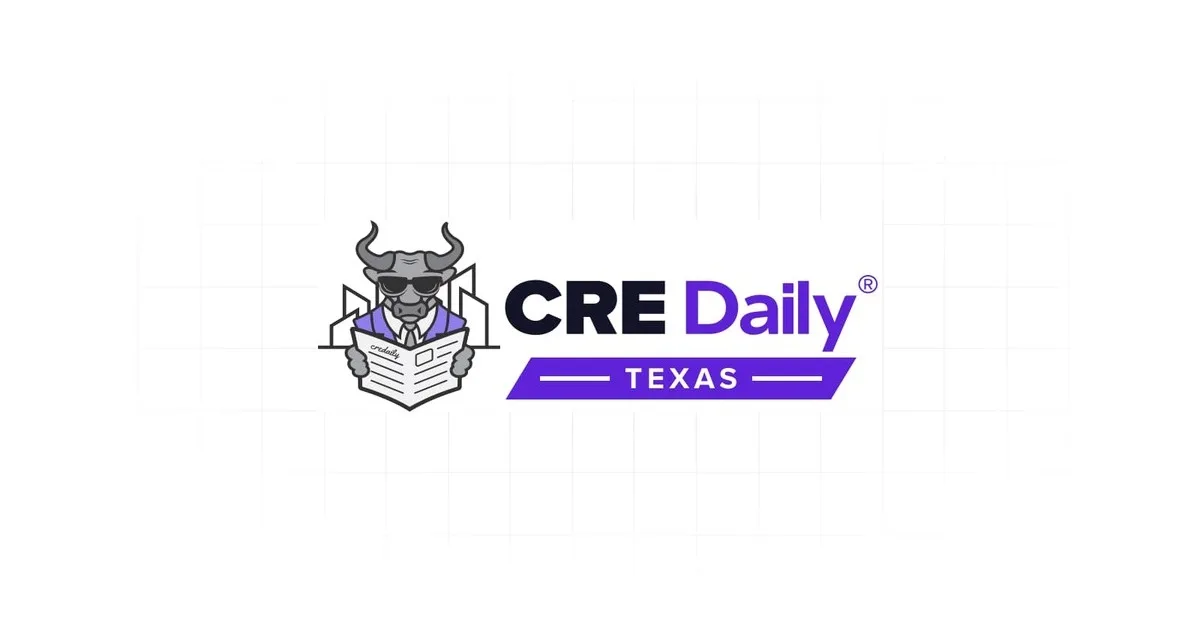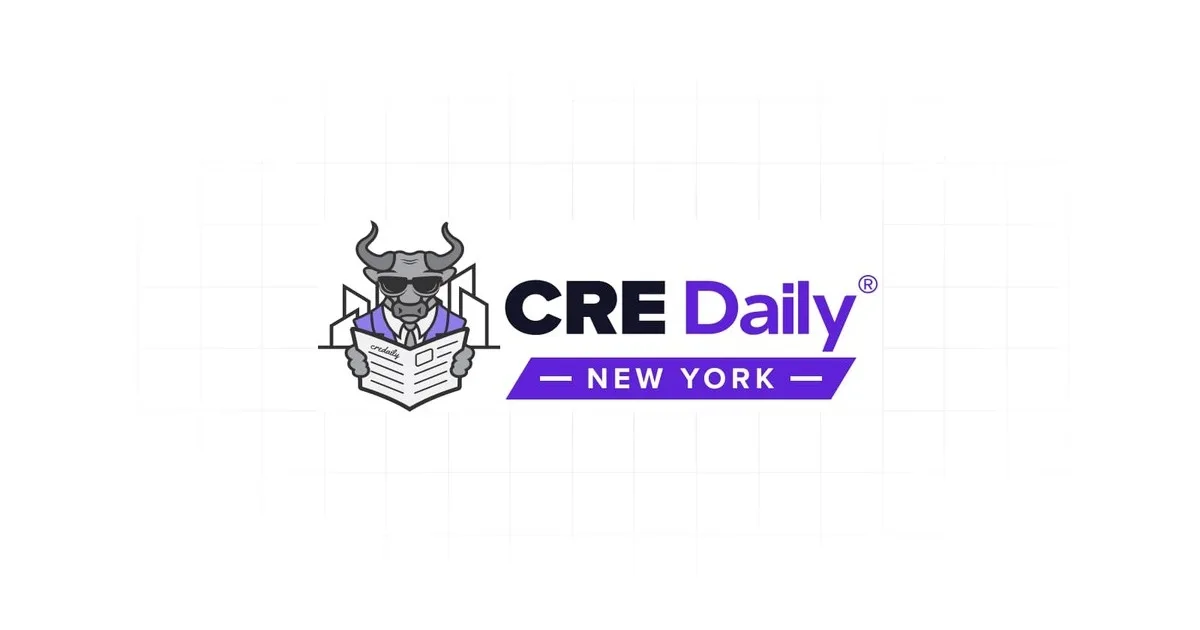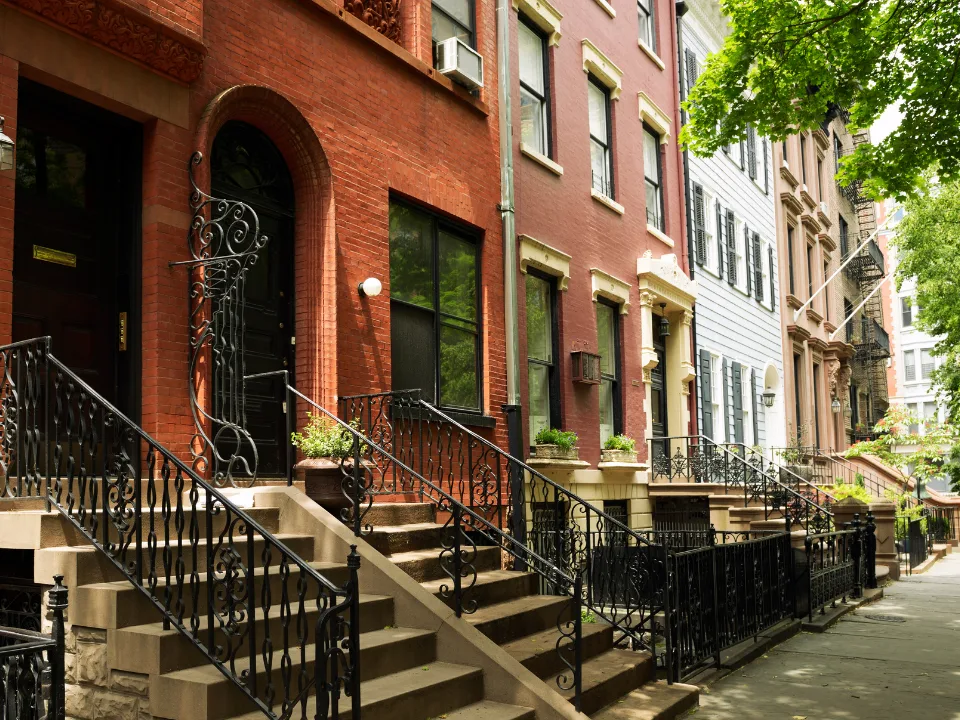- Debt financing has become the dominant source of capital for cannabis companies, with up to $6B in loans maturing by the end of 2026.
- Chicago Atlantic Real Estate Finance holds about 20% of the US cannabis debt market and remains bullish despite mounting industry challenges.
- Focused on limited-license states and conservative loan structures, Chicago Atlantic sees opportunity where others fear instability.
According to Bisnow, cannabis companies, facing tough markets and tight margins, now rely more on debt. While many fear a wave of defaults, Chicago Atlantic Real Estate Finance — one of the biggest lenders in the space — remains optimistic.
Debt Takes Over
Debt passed equity as the top financing source for cannabis companies in 2022. By 2026, nearly $6B in cannabis loans will mature. Although many expect trouble, Chicago Atlantic stands firm. It has closed $2.3B in cannabis loans, mostly backed by retail and industrial real estate.
Why Chicago Atlantic Is Confident
Co-CEO Peter Sack credits the firm’s focus on strong operators. Chicago Atlantic lends to companies that either own their cultivation sites and stores or have large retail footprints. They work only in states with strict license limits, which helps protect profits and lower lending risks.
Get Smarter about what matters in CRE
Stay ahead of trends in commercial real estate with CRE Daily – the free newsletter delivering everything you need to start your day in just 5-minutes
Loan Structure and Rates
The company’s loans carry rates in the mid-to-high teens, much higher than typical commercial real estate loans. Chicago Atlantic also uses shorter loan terms and higher payment schedules. This keeps its risk low and returns high, Sack said.
A Controversial Investment
Chicago Atlantic became the sole lender for New York’s Cannabis Social Equity Investment Fund. The project has faced delays, drawing criticism from lawmakers. Some called the loans “predatory,” but Sack defended the deal, saying it supports social equity goals and is performing well.
Federal Policy Could Shift the Game
If cannabis moves from Schedule I to Schedule III under federal law, companies could pay taxes on net income instead of gross profits. Sack said this would boost cash flow across the industry. Until then, heavy tax rules continue to squeeze operators.
Localized Advantages
Unlike many industries, cannabis is safe from tariff threats. U.S. laws require cannabis to be grown and sold in the same state. This keeps supply chains short and shields companies from global trade risks, Sack said.
The Maturity Wave Threatens
Trouble still looms. Cannabis profits are falling. In 2022, about 42% of operators made a profit; by 2023, that number fell to 24%. Big companies now account for $1.4B of industry delinquencies. Still, Sack said Chicago Atlantic’s focus on limited-license states keeps its portfolio strong.
What’s Next
Debt maturities will test cannabis companies over the next 18 months. But Chicago Atlantic’s careful lending strategy could help it stay strong. As others prepare for the worst, the company sees a future full of opportunity.
















